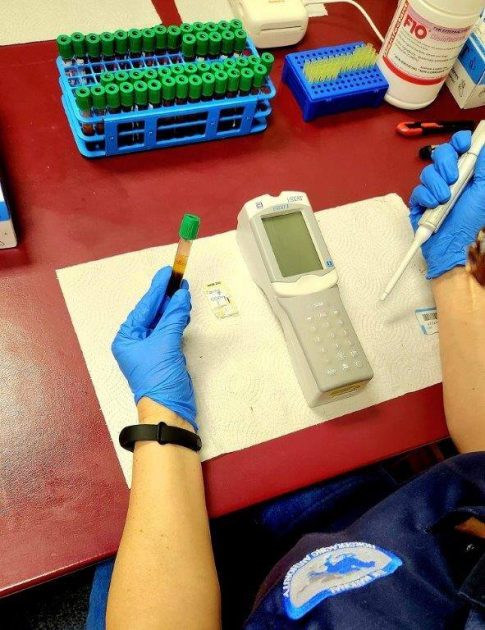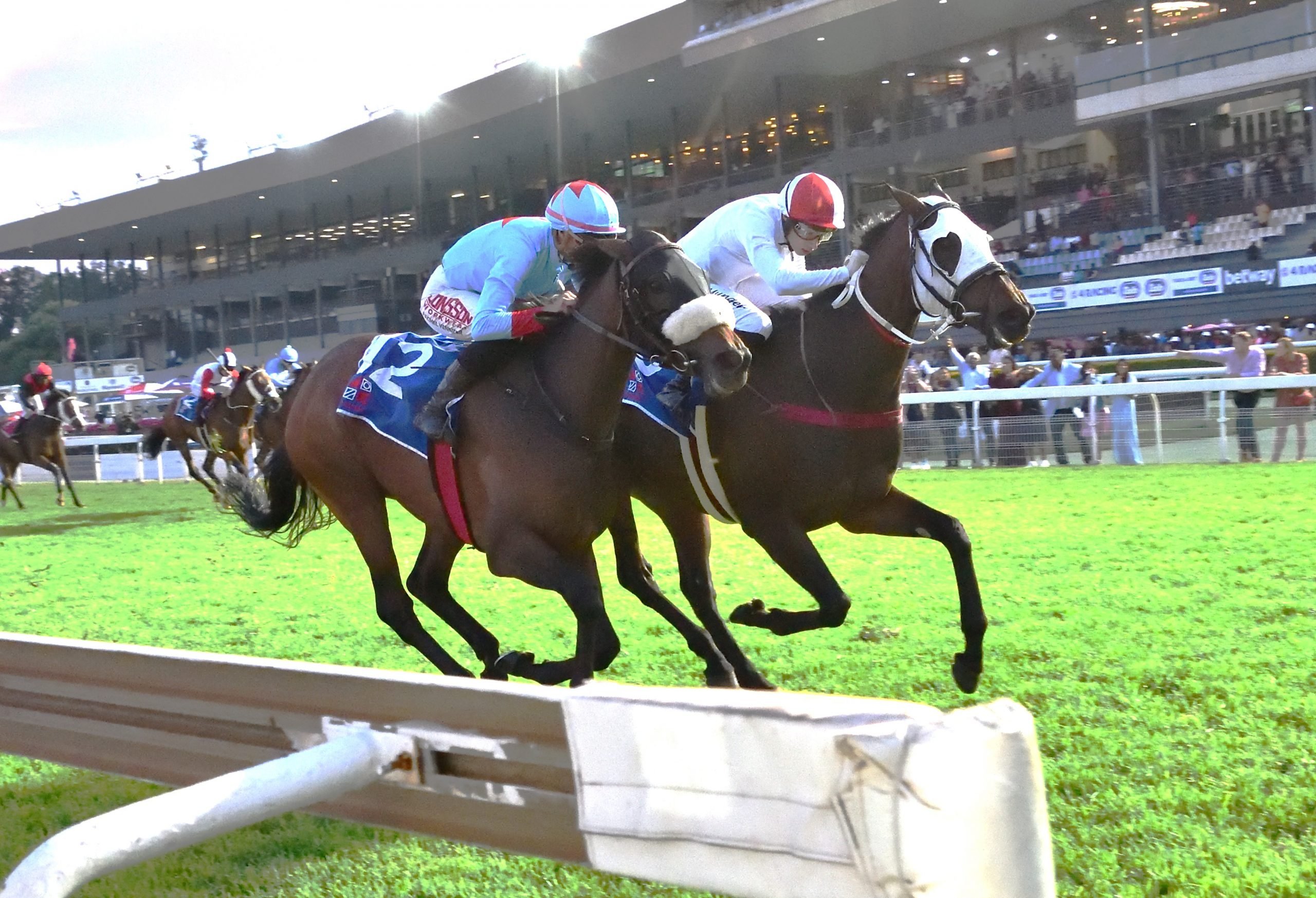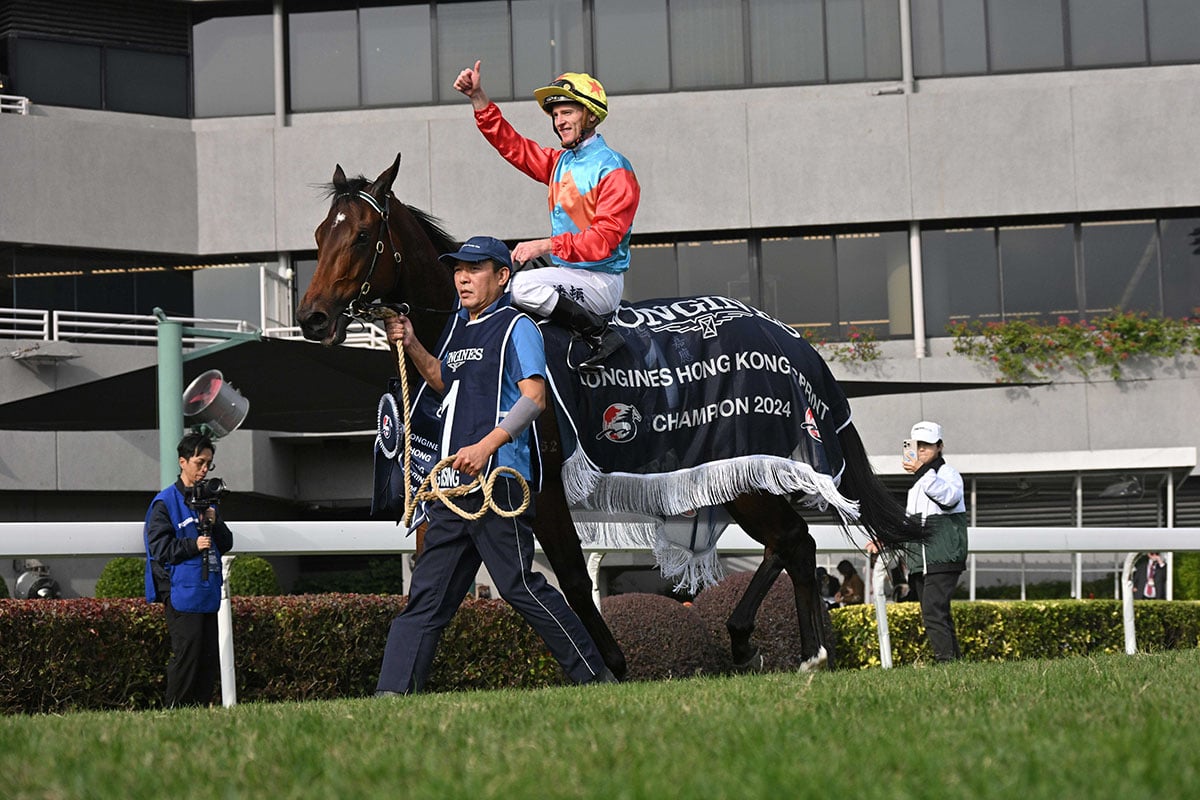In light of recent concerns regarding the Total Carbon Dioxide (TCO2) analysis conducted on race days, the National Horseracing Authority (NHA) advises via a media release published late on Friday afternoon that it wishes to reassure all stakeholders, including trainers, owners, and racing enthusiasts, of the robustness and accuracy of their TCO2 analysis procedures.
We acknowledge and take seriously the concerns expressed by some stakeholders and remain confident in our procedures and the technology utilised by the NHA.
Every step, from specimen collection to analysis, is meticulously carried out to uphold the highest standards of accuracy, reliability and fairness.
These methods are scientifically validated and have proven reliable in detecting elevated TCO2 levels, which can indicate the use, presence or administration of an alkalinising agent.
Between 6 April 2024, and 26 June 2024, a total of 2 133 TCO2 analyses were performed on 1 941 horses.
Of these, 153 horses (7.9%) tested above 35 mmol/L and were retested a minimum of 10 minutes later. 39 horses (2%) were withdrawn from a race due to TCO2 levels above 36 mmol/L. The remaining 1 902 runners had a TCO2 range of between 26 and 36 mmol/L, with an overall mean of 32.9 mmol/L and a standard deviation of 1.7 mmol/L.
In a normally distributed population, this means that 68% of all horses will have a TCO2 level between 31.2 and 34.6 mmol/L. About 95% of horses will have a TCO2 level between 29.5 and 36.3 mmol/L, and about 99.7% will be between 27.8 and 38 mmol/L.
During this period, the NHA has also formulated a TCO2 biological passport for every horse tested, allowing us to analyze repeated measurements from the same horse each time it is presented for testing.
The NHA consistently evaluates the accuracy and reliability of the adopted testing methodologies. To ensure the utmost precision, we are advancing our processes to measure TCO2 levels independently of pH and partial pressure of carbon dioxide (pCO2).
This adjustment will eliminate potential concerns related to relative humidity, barometric pressure and air temperature, continuing to provide an accurate reflection of each horse’s TCO2 levels.
To further address any potential uncertainties and limit the occurrence of purported false positives, the NHA will henceforth and for the foreseeable future, withdraw a horse from a race if the TCO2 level is above 37 mmol/L. It is anticipated that a further review will occur on or after 31 July 2024.
As part of our ongoing commitment to integrity and transparency, we remind all trainers of the new collection procedures that will be adopted with immediate effect.

The following SPECIMEN collection procedure for TCO2 ANALYSIS will apply on race day:
- TRAINERS shall be notified of the HORSES selected for pre-race TCO2 sampling and ANALYSIS via the Notice of Pre-Race Blood Collection.
- A blood SPECIMEN shall be collected from each selected HORSE approximately 60 minutes prior to RACE time. Immediate ANALYSIS shall be performed using an NHA approved handheld blood gas analyser.
- Where such ANALYSIS shows that a HORSE has a TCO2 concentration of more than 35 mmol/L, a second blood SPECIMEN shall be collected, a minimum of 10 minutes later.
- If the TCO2 concentration of the second blood SPECIMEN is more than 37 mmol/L, the STEWARDS shall withdraw the HORSE from the RACE and detain the HORSE for additional SPECIMEN collection.
- Under these circumstances, a third blood SPECIMEN shall be collected a minimum of 30 minutes later. If the TCO2 concentration of this SPECIMEN is less than or equal to the international threshold of 36 mmol/L, no penalty shall be imposed on the TRAINER.
- The STEWARDS may, at their discretion, instruct a SPECIMEN COLLECTOR to subsequently collect SPECIMENS from the HORSE for analytical testing of all PROHIBITED SUBSTANCES.
The NHA is dedicated to maintaining the integrity of horse racing in South Africa.
We are continuously monitoring our processes.
The NHA has been in communication with the Racing Operators to identify alternative specimen collection areas dedicated to the collection of pre-race blood specimens.
Our commitment remains unwavering in ensuring that the sport continues with transparency, fairness and integrity, for all participants and stakeholders.











